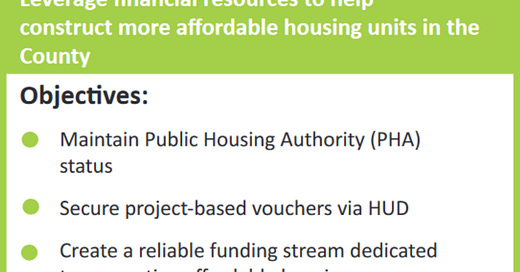Ottawa County is the fastest growing county in Michigan. In fact, growth is a common theme of discussion in Ottawa County Government. The population is growing. The focus of the Housing Department is on growing the amount of affordable housing available to residents. The health department is growing to take care of the mental health needs of residents. The Public Defender’s Office is growing, too.
Proud former Ottawa County Commissioners and government employees cite our growing population when referencing achievements by the administration. It is almost always stated in conjunction with a reference to positive change, but I am more hesitant to see population growth that way. I like the peacefulness of Ottawa County. I grew up in Ottawa County and have consciously chosen not to live in a bustling city. The more Ottawa County grows, the faster we head into the direction of living in a congested, loud, busy city.
Under the direction of the former board of commissioners, the Ottawa County Housing Commission focused on growing the amount of affordable housing in Ottawa County. The Ottawa County Housing Commission Metrics showed the need by analyzing housing and income statistics. The need is clear, but the solution is not. Rather than asking questions such as “what are the underlying reasons a growing number of residents cannot afford housing?”, the focus is on constructing low-income “project” style apartments, subsidized by higher-level government agencies through grants and other programs.
In July 2020 Ottawa County became qualified as a Public Housing Authority. This gives the county the power to acquire, construct, operate, lease, rehabilitate and sell property. In August 2022, the Ottawa County Housing Commission supported two affordable housing project applications, Dwelling Place in Holland and Samritas in Spring Lake. Both have received ARPA funding and are slated to begin construction this summer. MLive-Ottawa County eyes helping fund affordable housing developments in two cities.
In addition to new construction projects, according to the Housing Commission Strategic Plan, the Housing Authority is pursuing a housing millage, eviction prevention program, public-private partnerships, and advocating for affordable housing. It is interesting because, after hearing about the incredible population growth in Ottawa County, it is not uncommon to hear about agriculture, farming, and ground water concerns. It seems to me that population growth and protecting farming do not necessarily go hand-in-hand.
According to the Department of Strategic Impact, “between 2012 and 2017, Ottawa County lost 8% of its farmed acreage and 17% of its farms”. To combat this, Ottawa County has implemented the Purchase of Development Rights Program where landowners can sell the development rights of their property to the county. While this program may help to protect farms and rural life, it is concerning because it transfers land use rights from the people to the government and continues the trend of growing government bureaucracy.
So, Ottawa County government, in a reaction to the growing population trend, is in the process of getting into housing construction, housing operations, and farmland management. By managing growth this way, I have no doubt that this will result in more government bureaucracy and government employees. That means more taxes for us. Why can’t the free market economy be tapped to provide housing solutions? Public housing cannot be bought and sold on the market, thereby skewing the real estate market and holding back opportunities for rich and poor alike. Besides, when public housing gets old and falls into disrepair, who pays to rehabilitate it? We do as a collective.
You can’t keep people from moving to Ottawa County just because you don’t like your area turning into a cityscape. But why should the government play favorites and create housing projects that meddle with the natural pricing mechanisms of the real estate market?



